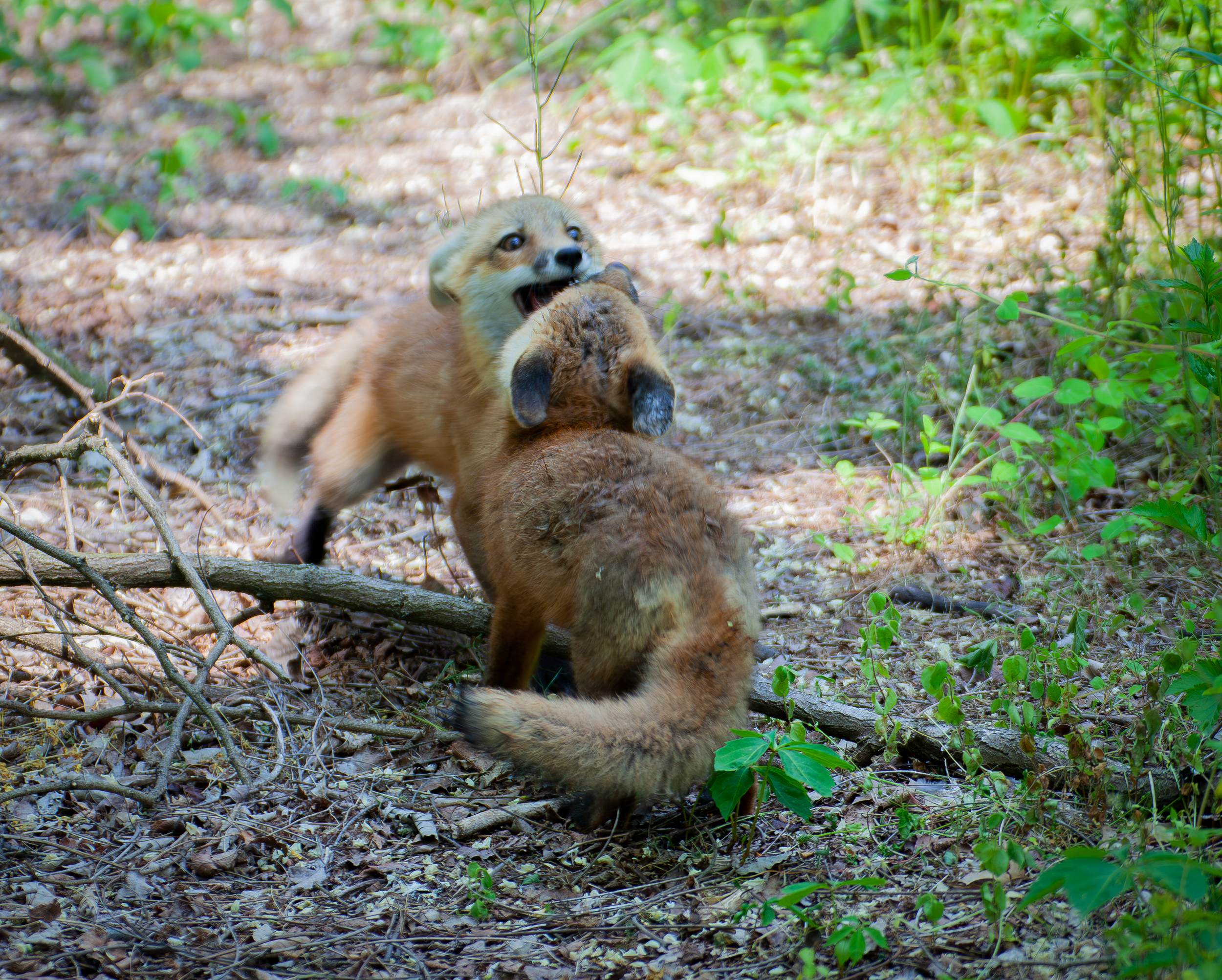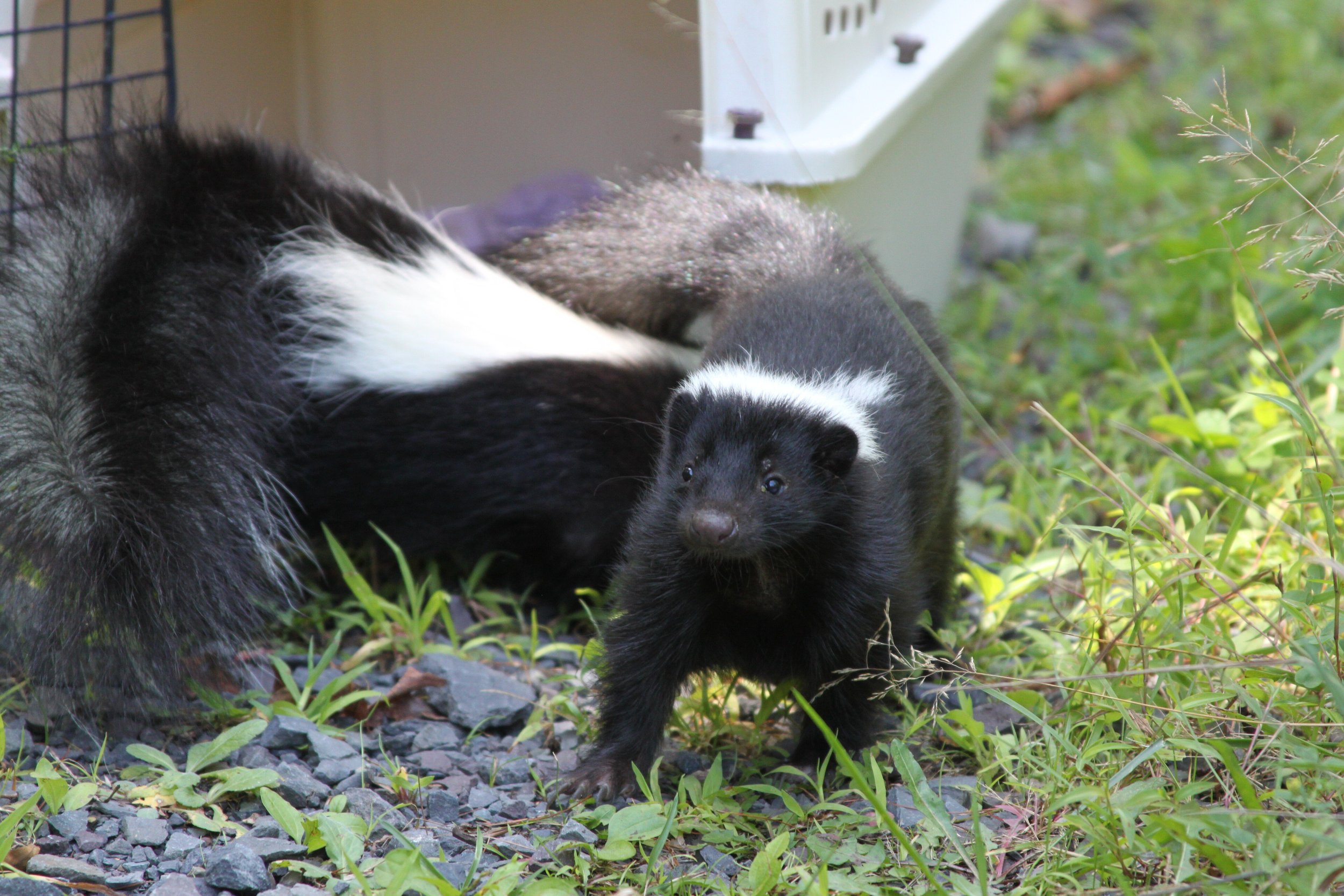
Wildlife Emergencies
Thank you for helping the wild animal(s) you found! This page is a resource to help determine the proper course of action when coming across sick, injured, or orphaned wildlife. As a state and federally licensed wildlife rehabilitation center in Bucks County, Pennsylvania, we are only able to accept wildlife found in Pennsylvania according to state regulations. If you are located outside of PA, find a licensed wildlife rehabilitator near you at Animal Help Now.
If the animal(s) you’ve found:
Is bleeding or has obvious physical injuries
Has been hit by a car or garden equipment
Flew into a wall or window
Has had any interaction with a dog or cat
Has flies swarming or is covered in fly eggs
This is an emergency! Please contact us right away at 215-249-1938 or find another local wildlife rehabilitator at the Pennsylvania Association of Wildlife Rehabilitators or Animal Help Now.
If the animal(s) you’ve found:
Is a baby or juvenile animal found alone
Is a young animal found outside of its nest or unable to fly
Is an adult animal not moving but does not appear injured
Is a nocturnal animal out in the daytime
This may not be an emergency. Use the species-specific guidelines below to determine if contacting a licensed wildlife rehabilitator is necessary.
Please leave a message with your name, phone number, and a brief description of the situation. We will get back to you ASAP.
Rabies Vector Species and Highly Pathogenic Avian Influenza (HPAI)
We are temporarily unable to accept the following rabies vector species:
Fox
Please refer to the Pennsylvania Association of Wildlife Rehabilitators or Animal Help Now to locate a wildlife rehabilitator who accepts these species near you.
Due to the recent outbreak of Highly Pathogenic Avian Influenza (HPAI), Aark is temporarily unable to accept the following species:
Waterfowl: Ducks, Geese, and Swans
Game Birds: Pheasant, Quail, and Chukar
Domestics of any kind
Please check our website frequently for the most up-to-date information on wildlife species we accept.
I found a(n)…
Songbird
Squirrel
Opossum
Rabbit
Turtle
Mouse, Vole, Shrew
Fox
Bird of Prey
Raccoon
Bat
Skunk
Fawn or Deer
Waterfowl
Groundhog
Amphibian
Domestic Animal
What to do in a Wildlife Emergency
Do:
Call your local licensed wildlife rehabilitation center for guidance and handling protocols.
Put the animal in a secure box, crate, or container, with a towel or blanket to give the animal traction during transport.
Keep the box, crate, or carrier covered and dark to decrease stress.
Keep in a quiet location away from noises, people, and pets until transport and keep the car quiet during the drive.
Do not:
Over handle, or snuggle the animal. Stress will kill an animal.
Provide food or water. Animals need to be fully evaluated by our rehabilitation team before receiving food or water. Each animal diet is specifically formulated for certain species. You should not provide anything unless instructed by our wildlife rehabilitators.
Let children, pets, or other domestic animals near the compromised animal. Wildlife can be a vector for disease and parasites.
Do not keep the animal to self-rehabilitate. It is illegal to rehabilitate wildlife in state of Pennsylvania without proper permits and training. It is crucial to get sick, injured, or orphaned wildlife to a rehabilitation center quickly.
















